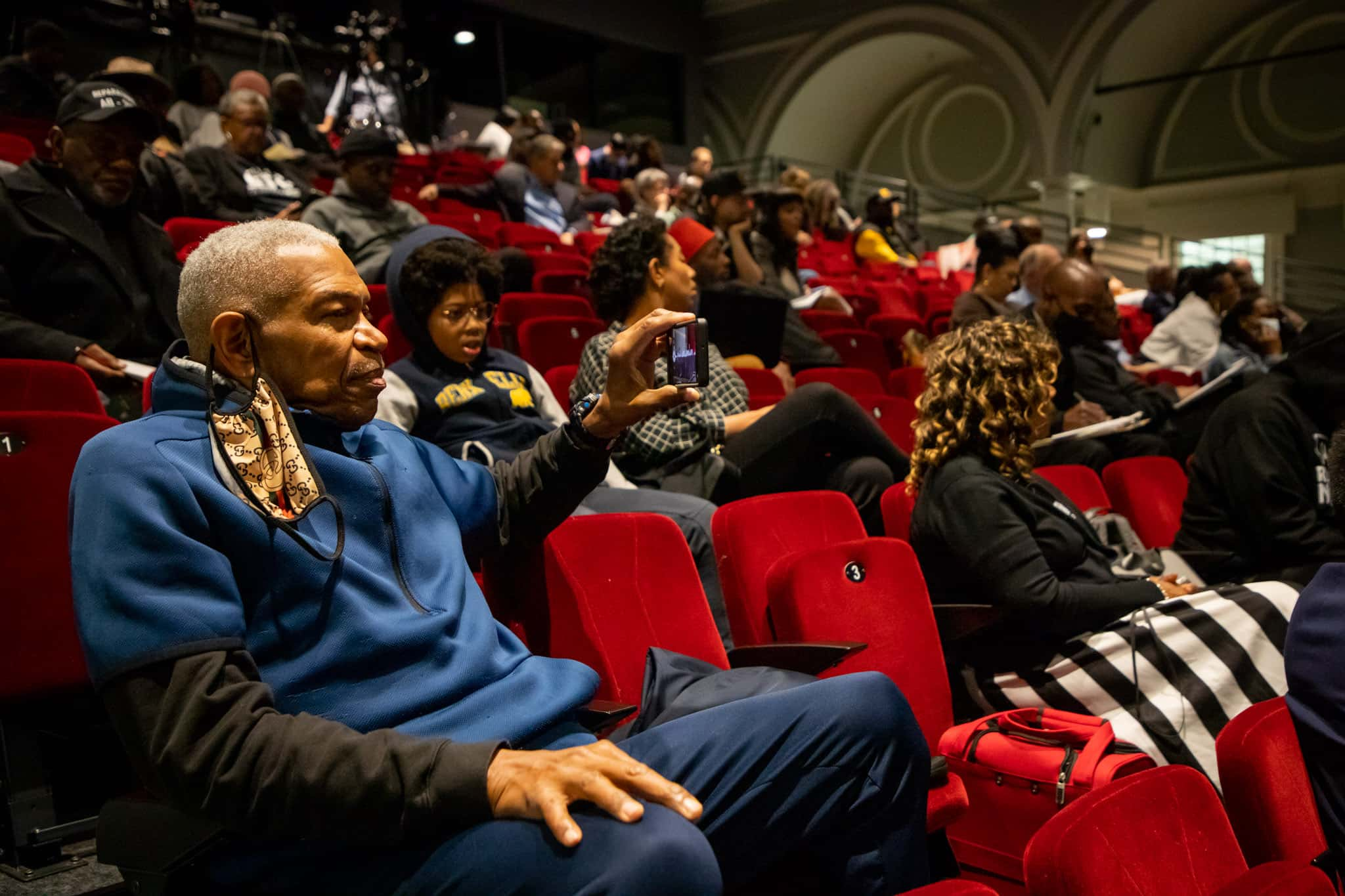The proposed plan, if passed into law, would cost the state an estimated $800 billion.

California’s reparations task force has recently approved recommendations that could potentially grant $1.2 million to every Black resident as compensation for slavery and other historical injustices
Despite significant opposition to reparations, especially among Republicans and the majority of Americans, San Francisco is determined to pursue this ambitious and budget-intensive initiative.
Curiously, the African American Reparations Advisory Committee in San Francisco didn’t employ a mathematical formula to arrive at the $1.2 million figure. Committee chairman Eric McDonnell admitted that the process aimed to make a substantial investment in families to rectify the economic consequences of slavery and its aftermath.
The main question arising from this proposal is where the substantial funds will originate. San Francisco is already facing a projected budget shortfall of $728 million over the next two fiscal years. The typical Democratic solution involves imposing additional taxes on the wealthy, arguing for their fair share. However, it should be noted that the top 1 percent of income earners already contribute 40 percent of all federal income taxes, despite making up only 21 percent of total income. Furthermore, high-income earners are leaving California, resulting in a decline in tax revenue.
The California Governor, Gavin Newsom, who established the reparations task force, seems to be distancing himself from their recommendation of $1.2 million per person.
Newsom believes that addressing the legacy of slavery requires more than cash payments and acknowledges the financial constraints California currently faces
Former President Barack Obama has also shifted his stance on reparations over the years. While initially skeptical, he now supports the idea, though he hasn’t provided a clear explanation of the financial feasibility behind it. Obama, in the past, emphasized the importance of investing in education, job creation, and institutional improvements to address the challenges faced by Black Americans.
In summary, California’s proposed reparations plan aims to provide $1.2 million to each Black resident as compensation for historical injustices. However, the source of the substantial funding remains unclear, given San Francisco’s budget shortfall and declining tax revenue. The plan faces opposition and skepticism from various quarters, including Republicans and a majority of Americans. Some argue that focusing on systemic improvements and investments may be more effective in addressing the long-term challenges faced by Black communities.
READ ALSO: Voters Don’t Want Lawmakers To Amend Massachusetts Tax Refund Law: New Polling Shows




